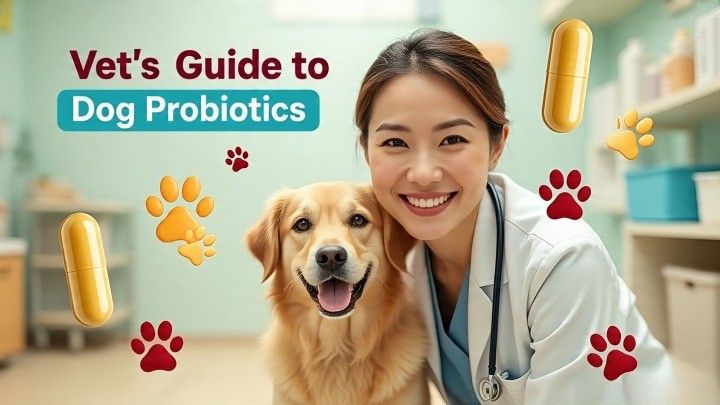Fresh Dog Food vs. Kibble: How Human-Grade Meals Can Transform Your Pet’s Health is Good
Fresh dog food fuels better digestion, shinier coats, stronger immunity, and higher energy, while kibble often prioritizes convenience. Choosing human-grade meals means choosing long-term health, vitality, and happiness for your dog.


